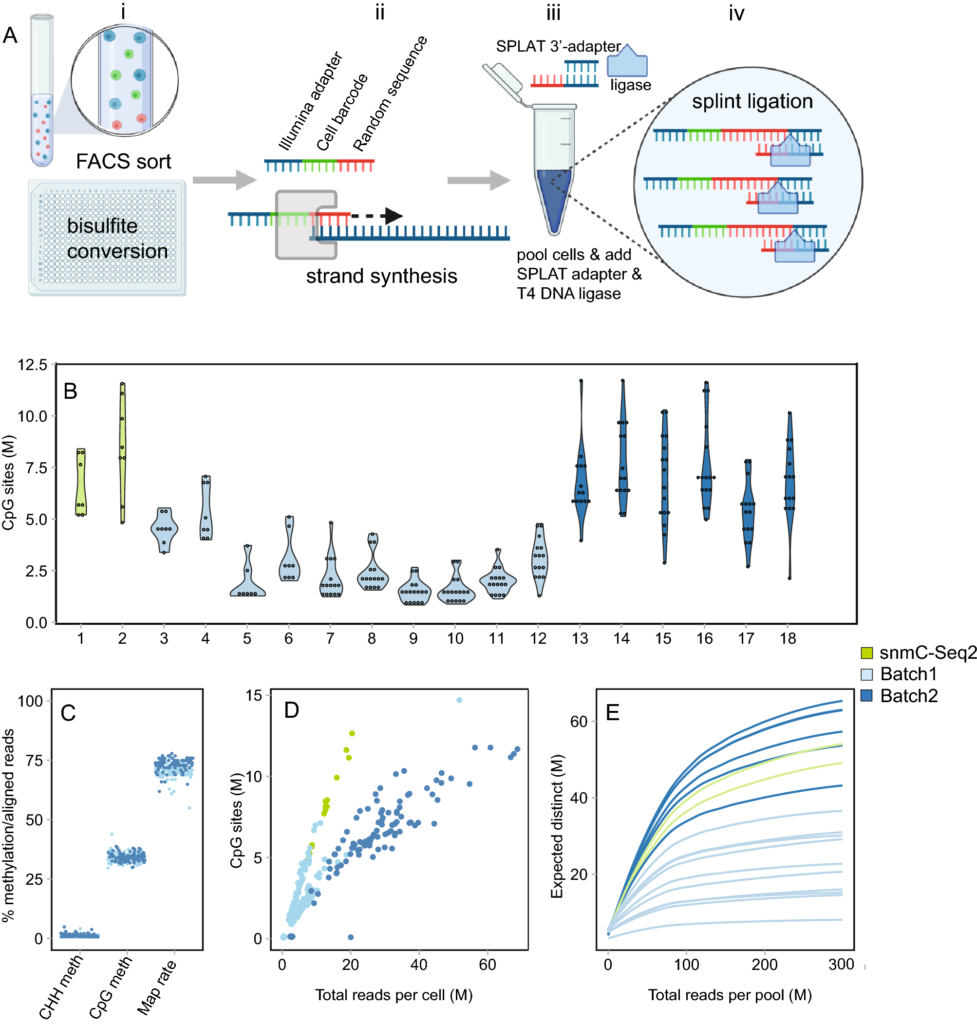Augmented Research
WGBS 30 x average sequencing depth ,120 Gb / sample
WGBS 30 x average sequencing depth ,120 Gb / sample
Couldn't load pickup availability
Whole genome bisulfite sequencing (WGBS) is a molecular biology technique used to analyze the DNA methylation patterns of an organism's entire genome. DNA methylation is a chemical modification of DNA that can regulate gene expression and is involved in many biological processes, including development, aging, and disease. WGBS involves the use of bisulfite treatment to convert unmethylated cytosine residues to uracil, while leaving methylated cytosine residues unchanged. The resulting DNA is then sequenced using next-generation sequencing (NGS) technologies, generating millions of reads that can be used to identify methylated regions throughout the genome. WGBS has numerous applications in various fields of research, including epigenetics, developmental biology, and cancer research. It can be used to identify differentially methylated regions (DMRs) associated with various biological processes and diseases, as well as to investigate the role of DNA methylation in gene regulation and cellular differentiation. WGBS can also be used to generate epigenetic maps of different tissues and cell types, providing insights into the diversity and plasticity of the epigenome. Moreover, WGBS can be used to investigate the effects of environmental factors, such as diet and exposure to toxins, on DNA methylation patterns. WGBS is a powerful tool for investigating the epigenetic regulation of gene expression and its impact on various biological processes and diseases.
Share


